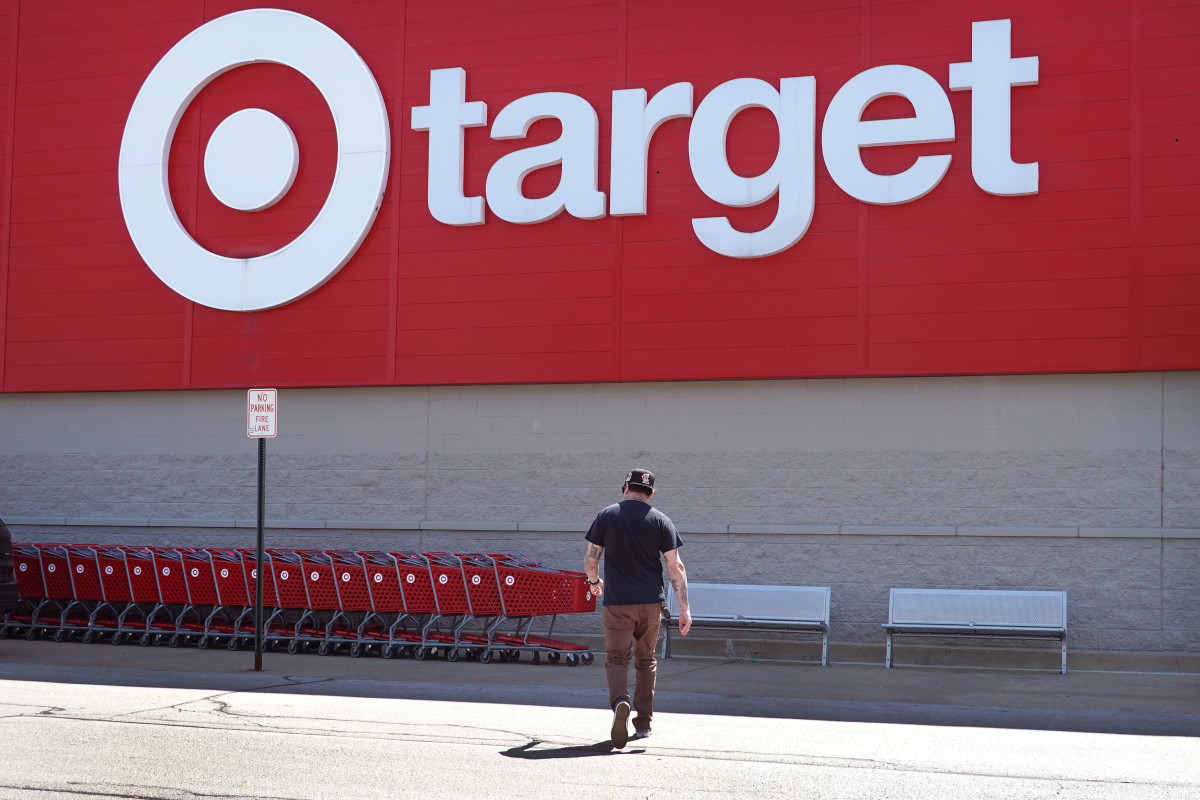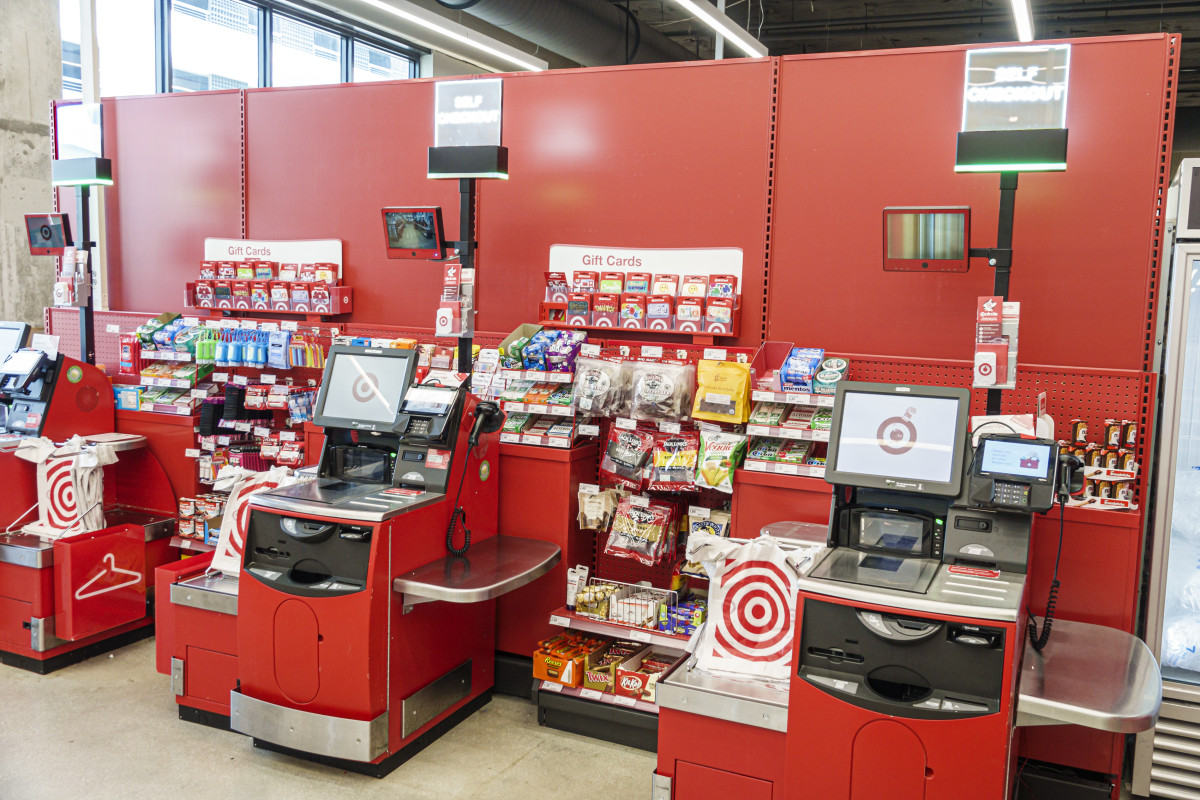
In case you haven't noticed, going out for a shopping trip looks a little different nowadays than it has in years past.
Covid largely changed the retail landscape in the United States as we know it.
Related: Former Home Depot CEO sounds the alarm on 'silent killer'
For one, the pandemic forced a lot more people to opt for the convenience of online shopping – whether they liked it or not.
This isn't to overstate the obvious; yes, retailers like Amazon (AMZN) rapidly snapped up market share as in person, brick and mortar giants like Target (TGT) , Walmart (WMT) , and Best Buy (BBY) were forced to shutter, at least temporarily.
But the online shopping trend had largely already taken hold prior to Covid. Shutdowns and fears about social distancing only ushered in the inevitable.
And when those brick and mortar giants finally reopened their doors, that in-person shopping experience looked a lot different.
Plenty more cashier-less checkouts lined the aisles at places like Target. In some areas, it seemed like at least the first sixth of parking lots were reserved for in-store pickup and drive up customers who preferred not to shop in person at all. And almost every major retailer has locked away at least some of its inventory to prevent theft and shrink.

Shopping in stores is a lot different now
Of course, all these changes were made to stores that managed to keep their doors open. Plenty others have struggled to maintain relevance, liquidity, or both.
The past year has seen something of an unprecedented number of bankruptcies, with many retailers like Rue 21 to Rite Aid filing for bankruptcy protection.
Fewer folks are going to places like the mall for their staples; instead they go to off-price retailers like TJ Maxx (TJX) for similar quality items or online where they can find more variety and the best deals. And inventory shrink has taken a toll on many incumbents.
Related: Walmart suddenly closing more stores in 2024
Rite Aid, for its part, said it lost at least $5 million in 2022 due to inventory shrink in its New York based locations alone.
Then-CEO Heyward Donigan explained at the time that it "experienced unexpected headwinds this quarter from front-end shrink, particularly in our New York urban stores.”
The drugstore filed for Chapter 11 bankruptcy in October 2023.
Target changes a key policy
But it's not just the struggling retailers that have been forced to pivot in order to adjust to the times.
Target has been no stranger to policy changes in recent months. This spring, it issued a store-wide mandate that it would roll back its self-checkout capabilities to customers buying 10 items or less in an effort to reduce theft – both accidental and purposeful.
Related: Target limits self-checkout, makes a change customers will love
Some Target stores have also been looking into installing cameras on its remaining self-checkout kiosks, which alert customers if they have not scanned an item properly.
Others have instituted age limits on some of the more highly-frequented stores, with one Washington, D.C., area location mandating minors must be accompanied by adults in order to gain access to the store.
More Retail:
- Ulta CEO sounds the alarm on a growing problem
- Lululemon releases a first-of-its-kind product
- Target store introduces a new 'over 18' policy
- Amazon launches genius new subscription product
And now, Target says it will change another key payment policy, just as it is in the midst of its promotional Target Circle Week.
As of July 15, Target stores will no longer accept personal checks at points of sale. This change goes into effect just after Circle Week concludes, and it's estimated that around 3% of customers currently still use personal checks to pay for their goods.
"Due to extremely low volumes, we'll no longer accept personal checks starting July 15," Target said in a statement. "We have taken several measures to notify guests in advance to aid an easy and efficient checkout experience."
Here are the payment methods Target will continue to accept:
- Target Circle Cards (formerly known as Target RedCard)
- Cash
- Digital wallets
- SNAP/EBT
- Buy now, pay later services
- Credit and debit cards
Target isn't the first retailer to implement such a change. Discount grocer Aldi and organic grocer Whole Foods made similar changes in recent years, citing similar issues like inventory issues and declining popularity as their reasoning.
Related: Veteran fund manager picks favorite stocks for 2024







